Dear Esteemed Princeton Wordnet representative-
Princeton University is one of the leading educational systems in the country. The school's reputation reflects the highest levels of academic excellence, prestige, accuracy, and leadership. Articles written by Princeton educated authors are viewed as the ultimate authority on a variety of topics. In light of the level of confidence placed in Princeton affiliated publications, there is a growing concern in the manufactured housing industry on the Wordnet definition of “manufactured home.”
According to the Google search engine result that cites wordnetweb.princeton.edu/perl/webwn as the defining source, a manufactured home is “mobile home: a large house trailer that can be connected to utilities and can be parked in one place and used as permanent housing..
Obvious problems exist with this very outdated definition.
It may seem like a cultural vernacular that impacts a small percentage of the population. However, approximately 23 million Americans live in manufactured housing (Wilson, 2012). According to the 2007 American Housing Survey, approximately 8.7 million (6.8%) of the 128 million housing units were manufactured homes (Zhou, 2009). The 2011 American Housing Survey reflects the increase to approximately 9.05 million manufactured housing units.
Comprising the second largest percentage of all housing units in the United States (McCarty, 2010), manufactured housing has been a vital source of affordable housing (Wilson, 2012) and are typical of rural areas (Aman & Yarnal, 2010; Tighe, 2013). Housing experts recognize manufactured housing as the predominant source of unsubsidized, affordable housing for rural homeowners and tenants (Tighe, 2013). Not only does the misnomer influence inaccurate perceptions of the product, it can contribute to the marginalization of a significant population.
There are many peer reviewed works that include definitions available that could be used in place of Wordnet’s outdated version. Following are some examples that you may find useful:
-
Manufactured home: Housing structures produced in factories, then transported to site, and installed on designated lands (Zhou, 2009). Manufactured homes must be constructed to the standards of a uniform nationwide building code known as the HUD code (Dawkins & Koebel, 2010).
-
Mobile home: Slang word for manufactured home. Derived from the original classification of mobile homes as vehicles requiring registration with the Department of Motor Vehicles (Kusenbach, 2009). Prevailing term changed to “manufactured home” in 1981 (Wilson, 2012)
Manufactured homes construction occurs in a factory setting, transported to a dealership in another location to be sold, and eventually placed on site at a third location (Dawkins & Koebel, 2010). The manufactured housing construction process uses similar techniques, materials, and equipment as traditional site homebuilding (Nahmens & Ikuma, 2009). The main differences in the construction processes are location of construction and resources used. Manufactured housing construction takes place on an assembly line in a controlled environment (Nahmens & Ikuma, 2009) while exposure to natural elements determines site built home construction processes. Industrialized construction uses construction crews dedicated to specific processes on the assembly line (Nahmens & Ikuma, 2009), whereas independent contractors complete site built home construction processes at different times.
I hope that enough peer reviewed information has been provided to justify changing Wordnet’s definition of manufactured home. Princeton University and its affiliates greatly influence consumer perceptions of products. The recent economic crisis has resulted in housing changes for many Americans. The need for high quality and affordable housing is a pressing issue that must be resolved. The term “trailer house” was replaced with “mobile home” in the 1950’s (Burkhart, 2010; Wilson, 2012). The 1981 HUD code revision included the adoption of “manufactured home” as the prevailing term (Wilson, 2012). Thirty two years later, Wordnet is still referring to the product using terms such as “trailer house” and “mobile home.”
I respectfully request that the definition be updated to reflect the government and industry recognized term that properly represents the product. In the event that you need further proof to justify requested changes, I have provided a reference list of peer reviewed sources used in this letter.
 Sincerely,
Sincerely,
Lisa Tyler, DBA (ABD), MBA
References
Aman, D., & Yarnal, B. (2010). Home sweet mobile home? Benefits and challenges of mobile home ownership in rural Pennsylvania.Applied Geography, 30(1), 84–95. doi:10.10.1016/j.apgeog.2009.09.001
Burkhart, A. (2010, February 5). Bringing manufactured housing into the real estate finance system. Pepperdine Law Review, Forthcoming; Minnesota Legal Studies Research Paper No. 10-06. Retrieved from http://ssrn.com/abstract=1548441
Dawkins, C., & Koebel, C. (2010). Overcoming barriers to placing manufactured housing in metropolitan communities. Journal of the American Planning Association, 76(1), 73–89. doi:10.1080/01944360903401052
Kusenbach, M. (2009). Salvaging decency: Mobile home residents’ strategies of managing the stigma of “trailer” living. Qualitative Sociology, 32(4), 399–428. doi:10.1007/s11133-009-9139-z
McCarty, W. (2010). Trailers and trouble? An examination of crime in mobile home communities. Cityscape: A Journal of Policy Development and Research, 12(2), 127. Retrieved from https://atoz-ebsco-com.ezp.waldenulibrary.org/Customization/Tab/12486?tabId=5371
Nahmens, I., & Ikuma, L. (2009). An empirical examination of the relationship between lean construction and safety in the industrialized housing industry. Lean Construction Journal, 1–12. Retrieved from www.leanconstructionjournal.org
Tighe, J. R. (2013). Responding to the foreclosure crisis in Appalachia: A policy review and survey of housing counselors. Housing Policy Debate, 23(1), 111–143. doi:10.1080/10511482.2012.751931
Wilson, B. (2012). An examination of electricity consumption patterns in manufactured housing units. Housing Policy Debate, 22(3), 175–199. doi:10.1080/10511482.2011.648204
Zhou, Y. (2009). Two essays on American housing markets: The determinants of housing value volatility and the ownership decision for manufactured housing (Ph.D dissertation). Ohio State University, Ohio, United States. Retrieved from http://etd.ohiolink.edu/view.cgi/Zhou%20Yu.pdf?osu1243886980

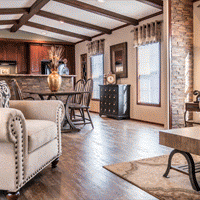


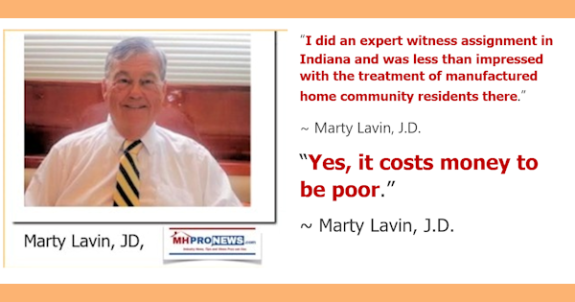
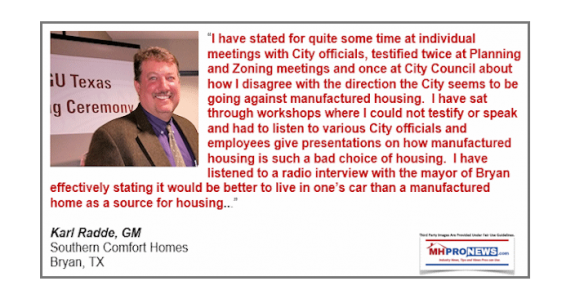
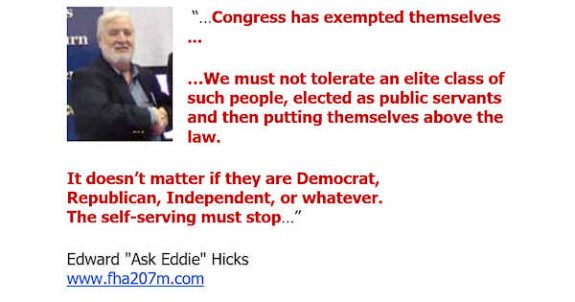
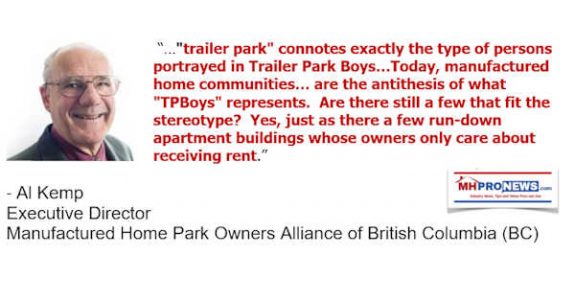

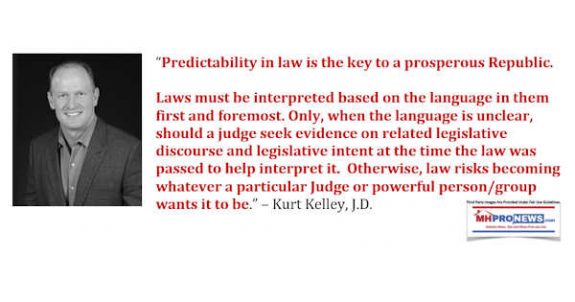
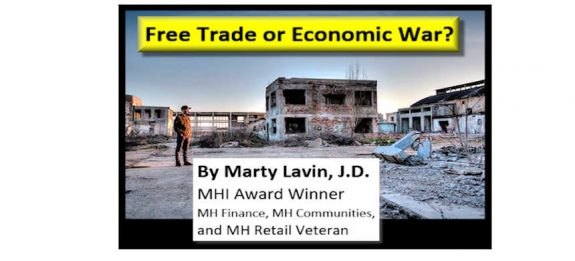
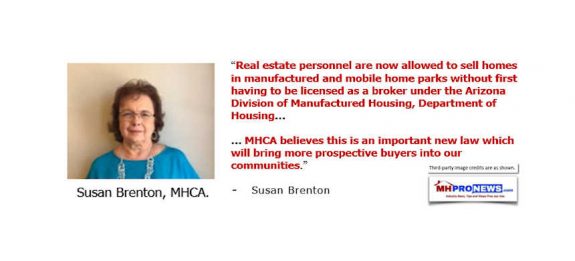
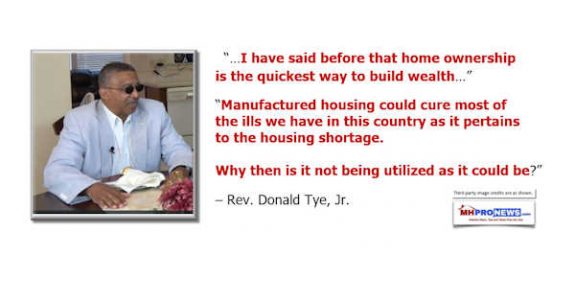
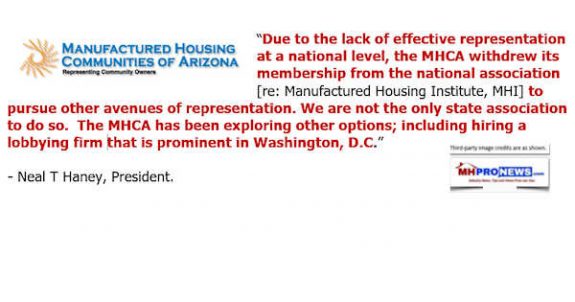

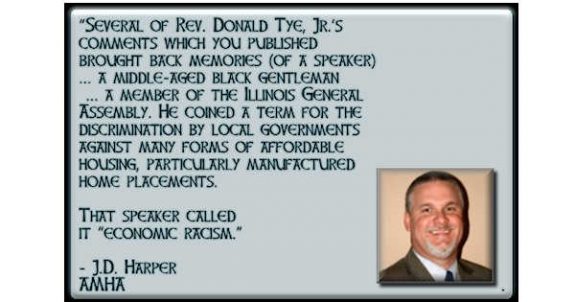
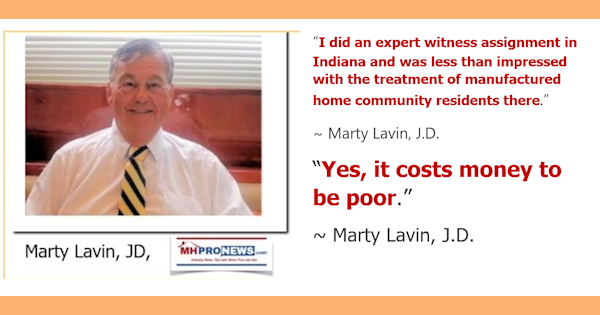
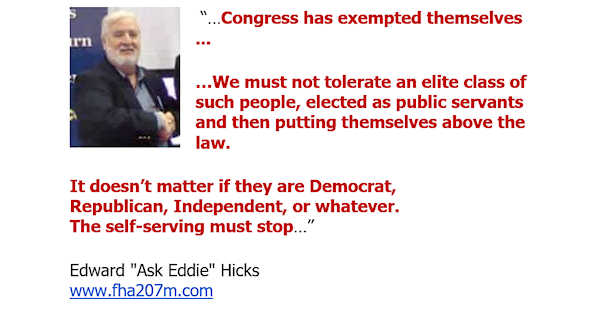
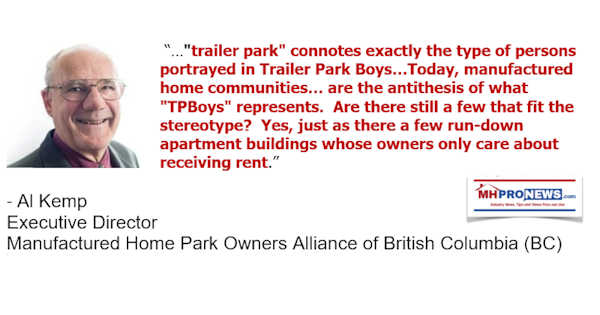
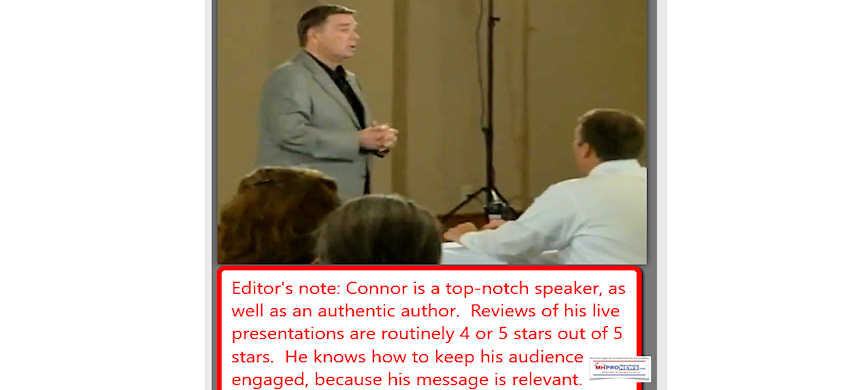
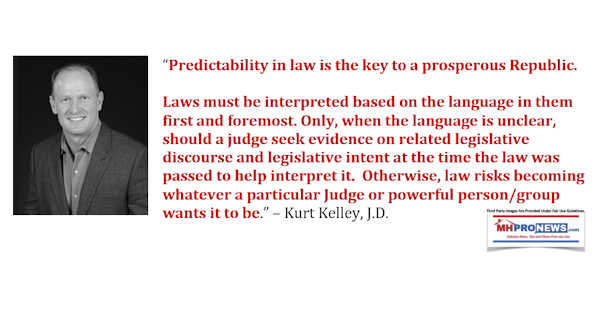
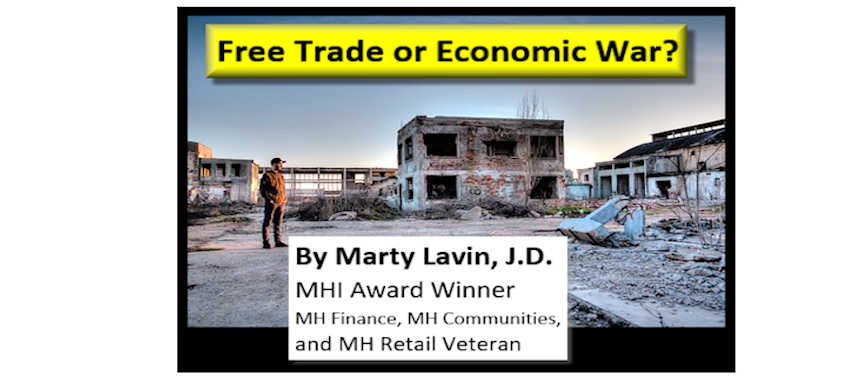
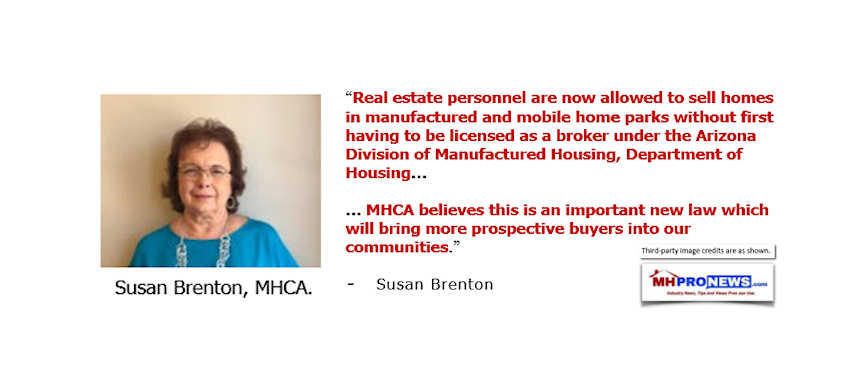
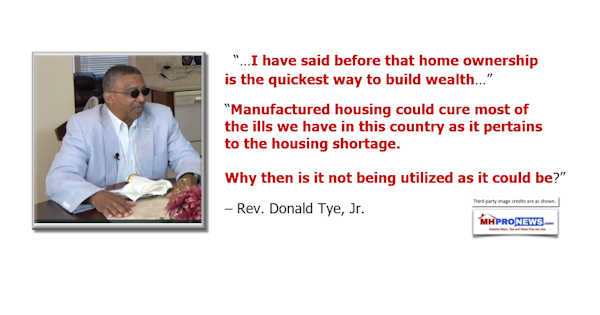
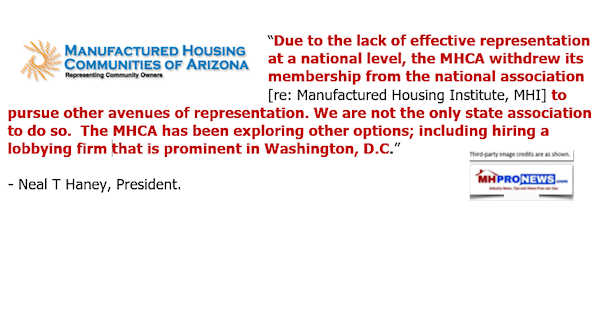

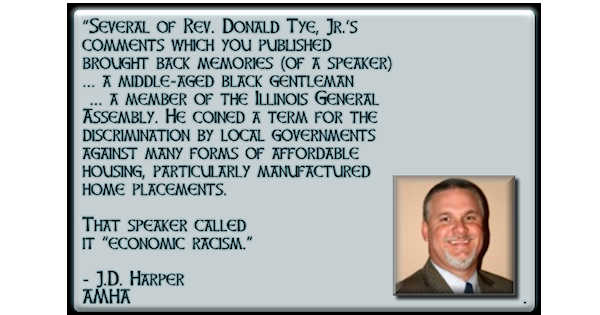
Karl Radde – TMHA, MHI, Southern Comfort Homes – Addressing Bryan City Leaders, Letter on Proposed Manufactured Home Ban
To All Concerned [Bryan City Officials, Others]: As the retail location referenced by Mr. Inderman, I would like to take a moment to address the …